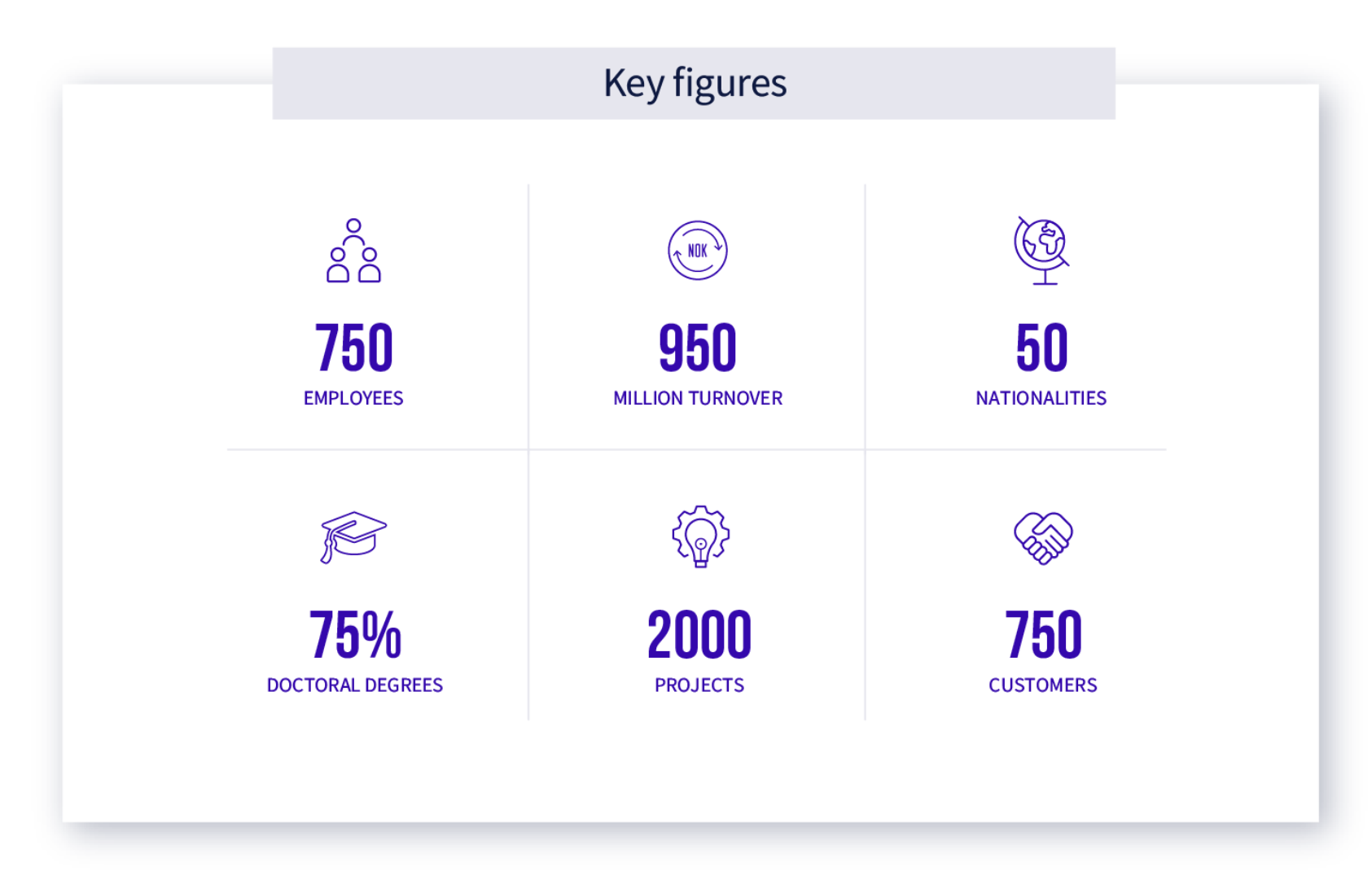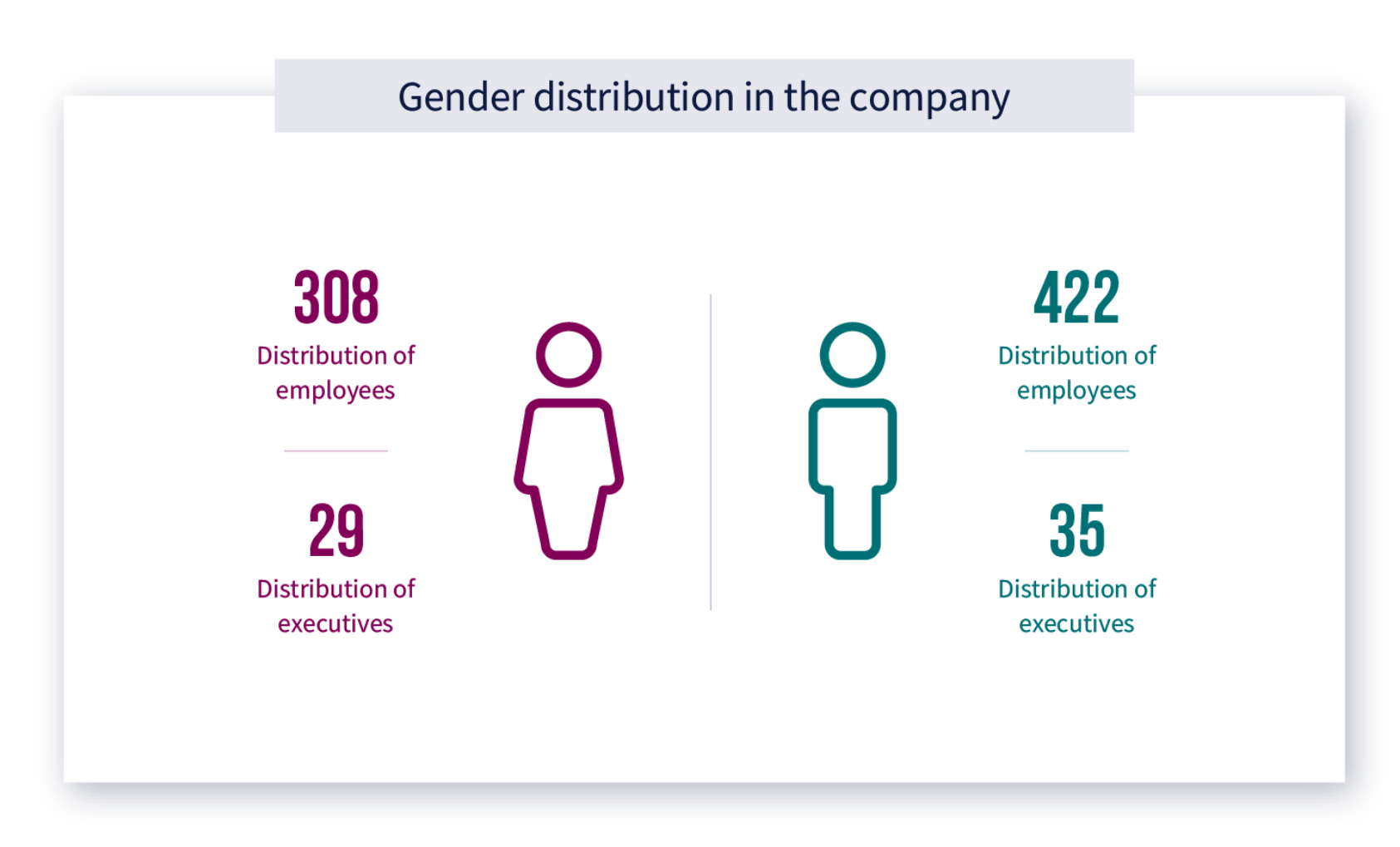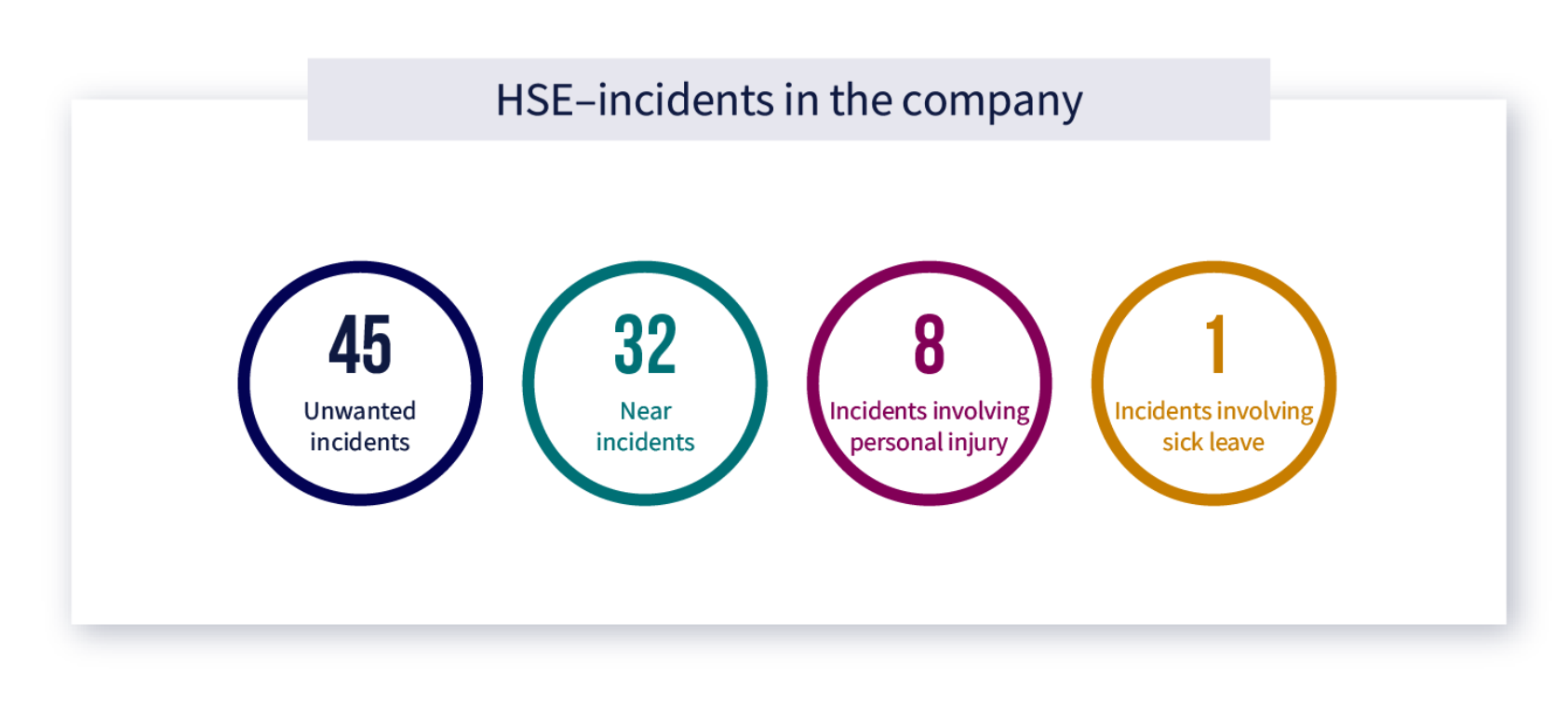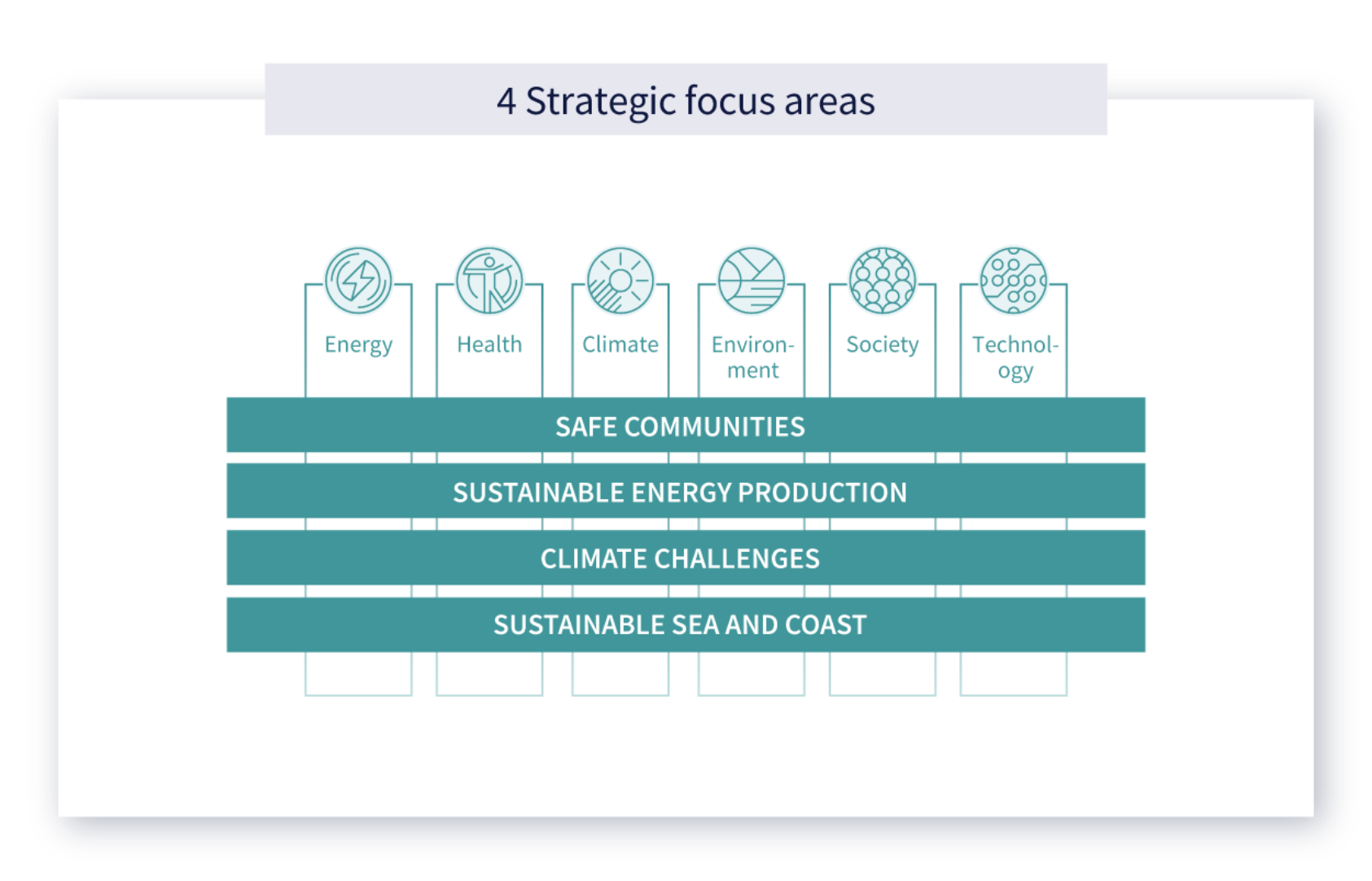Annual Report 2020
Greatly improved results in a challenging year
The world is experiencing an increasing need for energy, while also having to adapt to a more climate-friendly and sustainable society. Climate change is perhaps the biggest challenge the world has ever faced. Together with an ageing population, this calls for rapid restructuring, with the development of new knowledge, technology and innovation. Abrupt societal changes are a serious threat to the economy, to our wellbeing and to society as a whole. Covid-19 has shown us how vulnerable we are when sudden changes occur, and how important it is to have research institutions that can react quickly and come up with new knowledge and fresh solutions.
Last year saw extensive organisational changes for NORCE, as well as challenges related to the ongoing pandemic. In many areas, however, it was a better year than we feared. Professionally, the year saw an upturn, including very good results on the proposals to become a centre for research-based innovation (SFI) and contracts for several important EU projects.
The financial results were also greatly improved from 2019, when operating profit was minus 55 million kroner. In 2020, operating profit is minus one million for the parent company, while the consolidated accounts show a positive result of 6 million kroner. NORCE’s employees and management have worked hard to improve the financial position, and project activity picked up sharply during the autumn of 2020. Combined with the effect of cost reductions and the Government’s package of measures in response to Covid-19, this has led to an expected improvement in profits.




Mobilising pandemic knowledge
When the Covid-19 pandemic struck in the spring of 2020, we mobilised our expertise to increase our understanding of the pandemic. The Research Council of Norway’s urgent call for proposals in 2020 resulted in four projects.
The role of emergency departments and the primary health service in pandemics
One of the projects will analyse the emergency departments’ crisis management and emergency preparedness during the pandemic. This will strengthen the country’s future pandemic preparedness. We also provide expert advice to national authorities on how the primary health services can deal with a large number of sick people if there is limited capacity in hospitals.
Infection modelling
The researchers will also monitor the actual population prevalence of SARS-CoV-2 infection in Norway to model and predict the course of current and future epidemics. The researchers are using the Enlighten Web software, developed by technologists at NORCE. The aim is to show how the pandemic is developing and the effect of preventive measures.
Smart cameras monitor the spread of infection
The ability of advanced cameras to bring out details invisible to the human eye will be used in the project on infection monitoring of Covid-19 in hospitals. New analytical tools, artificial intelligence and machine learning will be combined with the use of hyperspectral cameras placed in hospitals.
A digital twin of you and me
NORCE researchers will also be developing a virtual population on which the authorities can test their strategies first, and gain an understanding of how they will turn out.
Sustainable restructuring of the business sector
Government revenues from oil and gas will decrease over time, while the population becomes more elderly and more young people drop out of the labour market. With its professional breadth and regional presence, NORCE is well equipped for the role of intermediary, mobilising for the green transformation – in close cooperation with industry and business at the regional, national and international level.
The Government is providing for green growth and sustainable business by making big grants to a Green Platform initiative. This is an important initiative, which will enable us to make the necessary green transition and create green growth. NORCE was awarded six Green Platform pre-projects in early 2021, and is applying for main projects ranging from producing feed for the aquaculture industry by CO2 fermentation, to extracting value from organic waste and developing smart solutions for the construction sector.
Centres for research-based innovation
An important arena for collaboration is the Research Council of Norway’s promotion of Centres for research-based innovation (SFIs). In 2020, we hosted two centres, and are an important research partner in five other centres.
In the ‘Climate Futures’ SFI, we aim to find solutions for predicting and managing climate risk. The public and private sectors have to deal with climate risk now and in the future, and we will build the foundation for this in cooperation with them.
In the ‘DigiWells’ SFI, NORCE will be developing new and innovative solutions to ensure increased profitability and reduced carbon emissions in the petroleum industry. Our expertise in oil and gas can also be used to develop renewable energy solutions, for the installation of offshore wind farms for example.
Circular value chains
In the EU project Oxipro, NORCE will work with enzymes for greener value chains in industry. Enzymes play a central role in development in several industries, and are used, among other things, to reduce energy and chemical use. Enzymes are also used in the processing of biomass, such as fish-based raw materials or wood, helping to create completely new products.
Securing the food supply
We also aim to help up to 365 million people in East Africa with better climate forecasting, in the EU project CONFER. More precise seasonal forecasts could save farmers’ crops, improve food security and reduce flooding.
Storage of CO2 in the seabed
As a research partner in EU projects, we will contribute to the understanding of technology for storing carbon in the sea. Carbon capture and storage (CCS) will be a major part of the European climate solution, and the sea has a great capacity to both capture and store carbon.
Blue light drones in the city
NORCE is also one of the Norwegian partners in the EU project to develop drone-based medical emergency assistance in urban areas. In the future, if the accident is outside, medical equipment or a doctor may arrive at the accident site by drone. The project will assess various technologies and solutions to make drone traffic in densely populated areas safe, environmentally friendly and quiet, as well as fast, accessible and affordable.